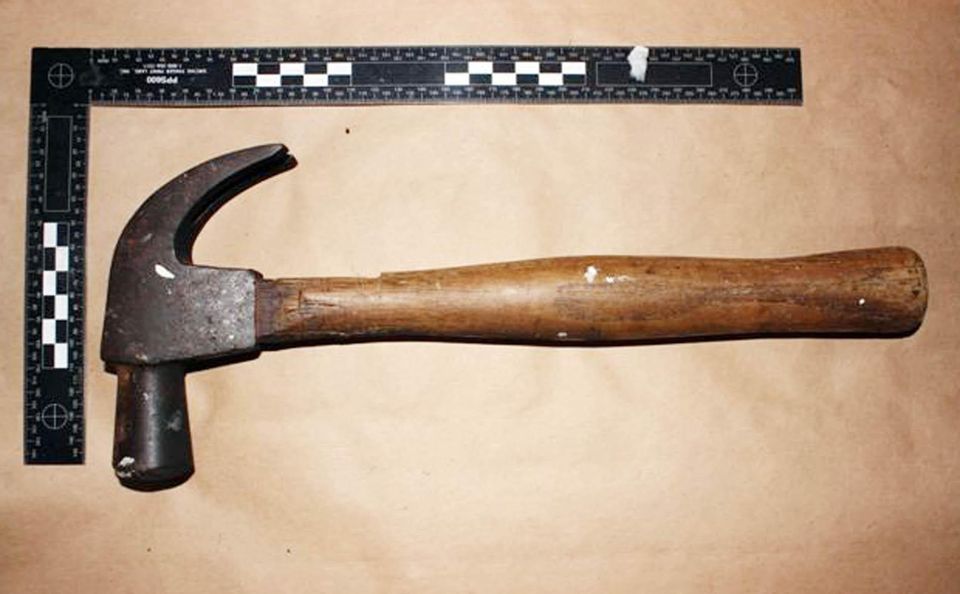A man who murdered his mother with a hammer when he was a teenager in a plot inspired by Coronation Street has been moved to an open prison, it is understood.
Daniel Bartlam was 14 when he killed mother Jacqueline at their home in Redhill, Nottingham, before burning her body in April 2011.
He had been inspired to carry out the killing by a plot in the soap opera, where one of the characters – John Stape – had killed a woman with a hammer.
Daniel Bartlam who killed his mother in a hammer attack (Nottinghamshire Police)
Bartlam was jailed for 16 years in April 2012 after a jury unanimously found him guilty of murdering his 47-year-old mother.
The Parole Board recommended Bartlam was moved to an open conditions prison, which has been approved by the Justice Secretary Shabana Mahmood, it is understood.
The Sun has reported that Simon Matters, Jacqueline’s partner, was asked to provide an impact statement when Bartlam applied to be moved to an open prison in January 2024.
“If he’d had an argument with Jacqui and pushed her down the stairs she banged her head and died it’s different, but the fact is that he planned to kill her and he killed her. He’s totally evil,” Mr Matters told The Sun.
“How can you release someone for good behaviour after they did what he did?”
Bartlam hit his mother seven times with a claw hammer at their home in April 2011.
He then poured petrol around her bedroom before lighting newspaper on a gas fire and setting the property alight.
The claw hammer recovered after Jacqueline Bartlam was killed (Nottinghamshire Police)
Ms Bartlam could be identified only by dental records, after her body was recovered from the blaze on April 25.
The Parole Board said parole reviews are undertaken “thoroughly and with extreme care” and protecting the public is its “number one priority”.
A spokesperson for the Parole Board said: “We can confirm that the Parole Board recommended a move to an open conditions prison following an oral hearing for Daniel Bartlam.
“This was a recommendation only and the Secretary of State for Justice considers the advice before making the final decision on whether a prisoner is suitable for open conditions.
“We will only make a recommendation for open conditions if a Parole Board panel is satisfied that the risk to the public has reduced sufficiently to be manageable in an open prison.
“A move to open conditions involves testing the prisoner’s readiness for any potential return into the community in future. Prisoners moved to open conditions can be returned to closed conditions if there is concern about their behaviour.
“Parole Board decisions are solely focused on what risk a prisoner could represent to the public. A panel will carefully examine a huge range of evidence, including details of the original crime, and any evidence of behaviour change, as well as explore the harm done and impact the crime has had on the victims.
“Members read and digest hundreds of pages of evidence and reports in the lead up to an oral hearing. Evidence from witnesses including probation officers, psychiatrists and psychologists, officials supervising the offender in prison as well as victim personal statements are then given at the hearing.
“The prisoner and witnesses are then questioned at length during the hearing which often lasts a full day or more.”
A Ministry of Justice spokesperson said: “Life-sentenced prisoners must pass a robust risk assessment before any move to open conditions and we do not hesitate to move them back to closed prisons if they break the rules.”

